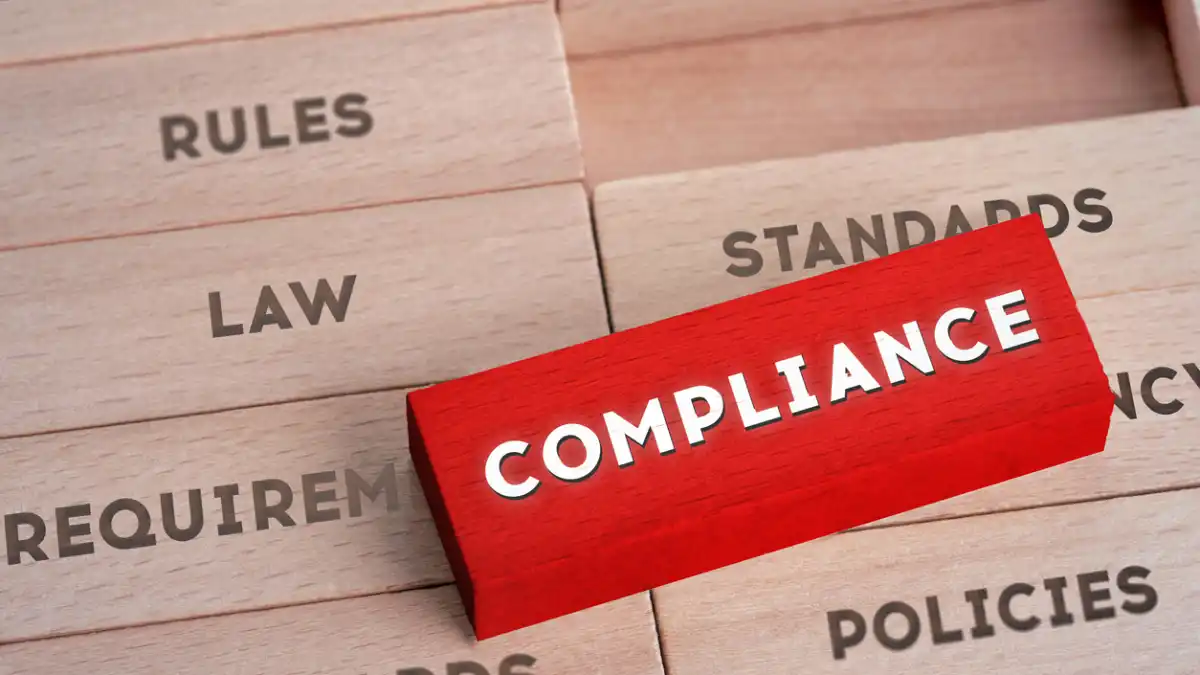Compliance Policies For Your Healthcare Business
Healthcare employers have a responsibility to establish compliance policies and educate their employees about the importance of reporting suspected violations. However, implementing policies alone is not enough. Employers should also ensure that employees can easily communicate compliance concerns and remind them regularly of the available methods.
Maintaining clear lines of communication is essential when investigating suspected violations in a healthcare organization. It is crucial for employers to establish an open-door policy. It encourages employees to communicate their concerns freely and honestly, without fear of retribution. This approach helps foster a culture of transparency and accountability. A place where everyone in the organization can work together towards ensuring adherence with laws and regulations.
The traditional approach of expecting employees to navigate the manual to find the correct process can be ineffective. It leads to misunderstandings or mistakes. It can also discourage employees from reporting violations if they perceive the process as complicated, lengthy, or unclear. To overcome this, employers should prioritize a communication strategy that is clear, concise, and easily understandable.
The Department of Health and Human Services Office of the Inspector General (OIG) does not provide a model compliance program. However, it has identified seven essential elements that are critical to the program. These include conducting internal monitoring, implementing compliance and practice standards, designating a compliance officer, conducting appropriate training and education, responding appropriately to detected violations, developing open lines of communication, and enforcing disciplinary standards.
Effective communication is particularly important in smaller practices, and employers should use best practices to maintain open lines of communication. These can include posting important updates to regulations and adherence programs on bulletin boards, designating a compliance officer or contact, setting up hotlines or comment boxes for anonymous reporting, and routinely discussing adherence at staff meetings.
At Dike Law Group, our experienced healthcare compliance attorneys offer a wide range of legal services to help individual physician and small group practices develop and implement compliance programs. Contact us today or schedule an appointment at dorismeet.com to learn more about how we can help your healthcare organization maintain compliance.







